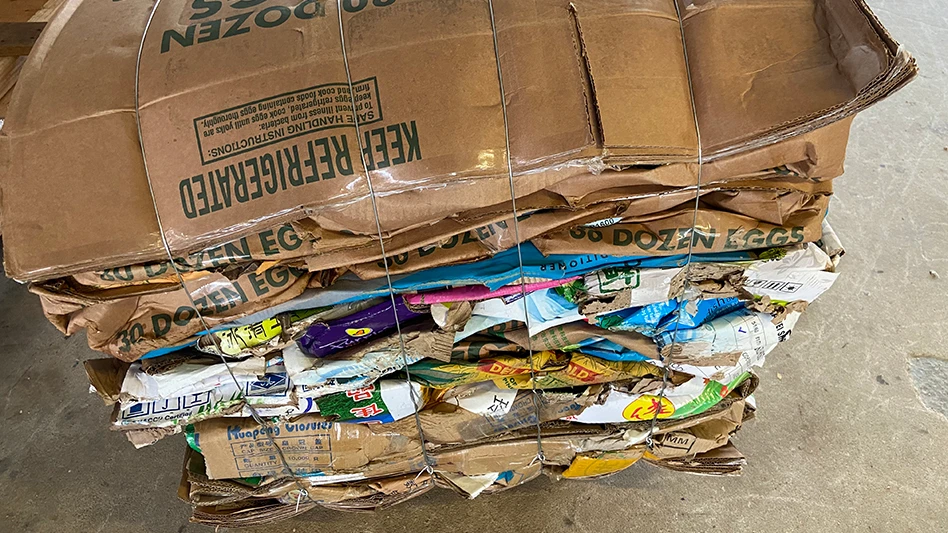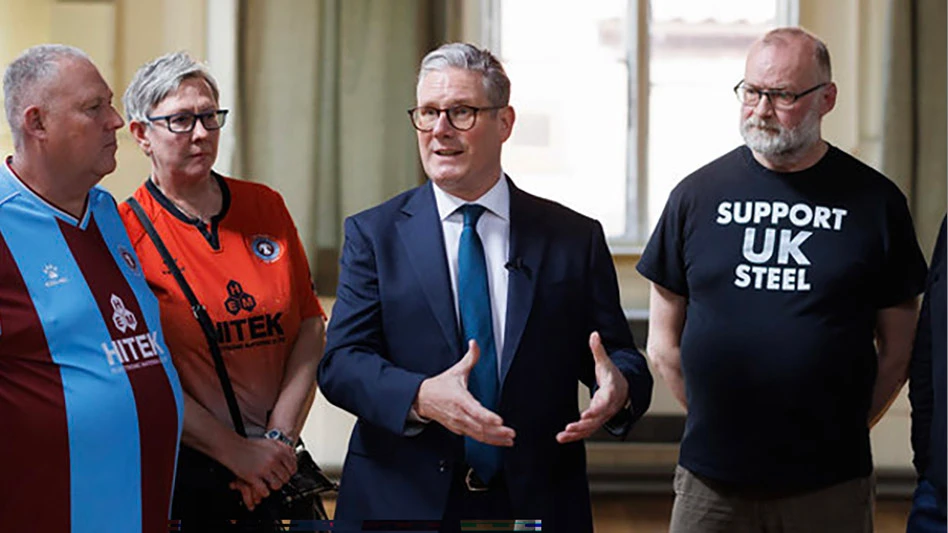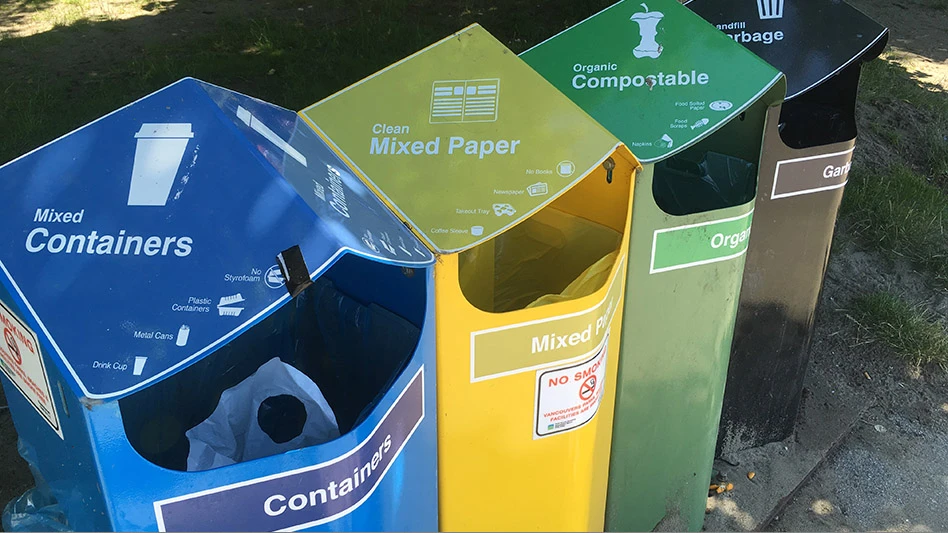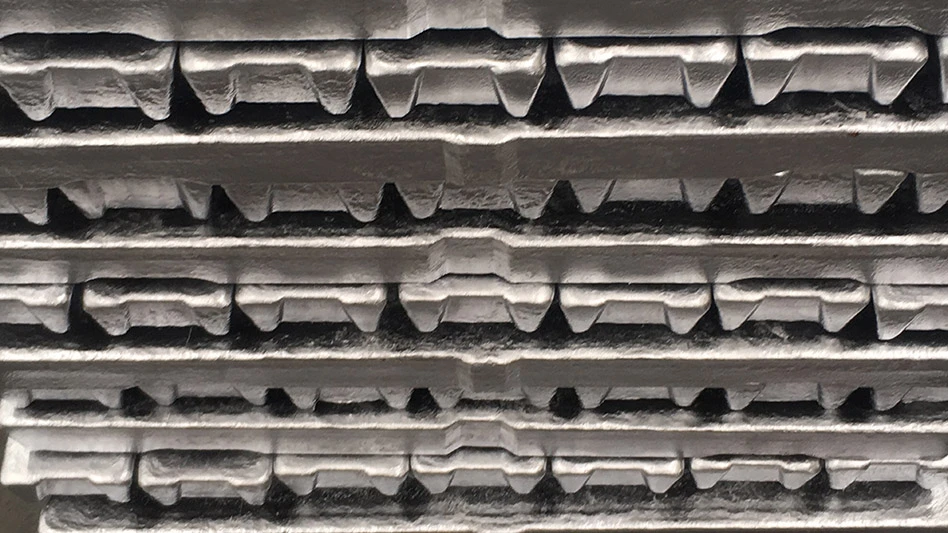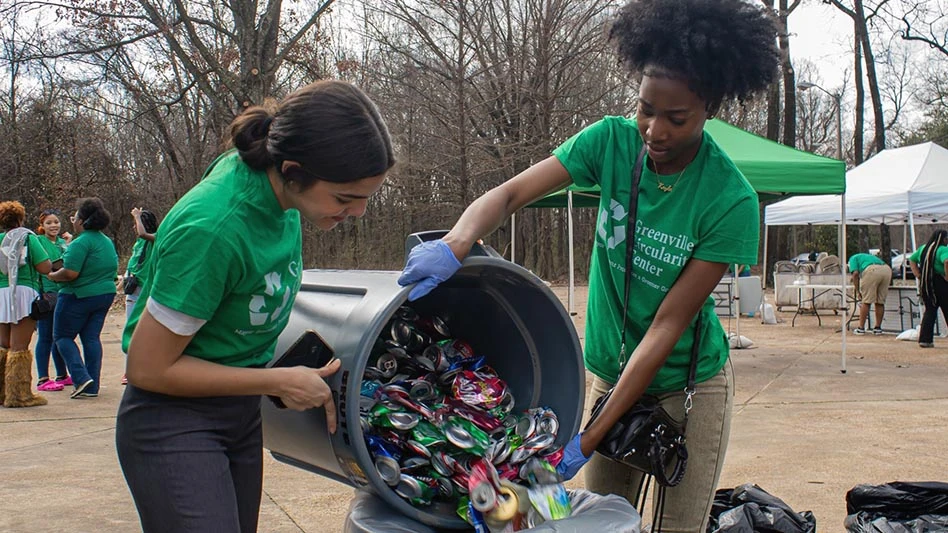
Image courtesy of Aqua Metals Inc.
Aqua Metals Inc., a Reno, Nevada-based lithium-ion battery (LIB) recycler will collaborate in a $4.99 million U.S. Department of Energy (DOE) grant project as part of a consortium led by Penn State University. The initiative is aimed at establishing a fully domestic supply chain for critical minerals used in a range of modern technologies, including electric vehicles (EVs) and renewable energy systems.
The DOE-funded project, called the Alliance for Critical Mineral Extraction and Production from Coal-Based Resources for Vitality Enhancement in Domestic Supply Chains (ACME-REVIVE), seeks to innovate in the extraction and recovery of rare earth elements and other materials from coal, coal scrap and coal by-products.
Aqua Metals says this initiative aligns with national goals to reduce reliance on foreign critical minerals.
RELATED: Aqua Metals inks supply agreement with 6K Energy
The company will assist in producing battery-grade cobalt, manganese, nickel and lithium generated from Penn State’s pilot-scale facility, which focuses on leveraging domestic coal-based acid mine drainage. Aqua Metals says this aligns with its mission to foster a sustainable and secure critical mineral supply chain while contributing to environmental remediation efforts.
In addition to its involvement in national efforts to innovate within the battery recycling sector, Aqua Metals says the project also will further demonstrate the ability of its patented AquaRefining technology to adapt to a wide array of feedstocks when sustainably producing critical minerals—including both recycling battery materials and refining virgin metals from ore and scrap.
“Our participation in the ACME-REVIVE project exemplifies our commitment to sustainability and innovation,” Aqua Metals President and CEO Steve Cotton says. “By converting waste into valuable resources, we are paving the way for a more sustainable and secure future for critical mineral supply in the U.S.”
The project aims to remediate environmental damage caused by acid mine drainage while extracting valuable minerals, adding that this approach cleans up legacy environmental issues and also reduces the need for new mining operations, building a circular economy.
“As we move forward, our work with Penn State and other industry leaders will showcase the viability of sourcing critical minerals from alternative and sustainable sources,” Cotton says. “This project will help position the United States as a leader in the clean energy transition and support the nation’s efforts to build a resilient and independent supply chain.”
Latest from Recycling Today
- Steel Dynamics nets $217 million on record shipments
- Massive Chinese steelmaking rebound recorded in March
- LME looks into sustainable metal pricing
- OnePlanet Solar Recycling closes $7M seed financing round
- AMCS launches AMCS Platform Spring 2025 update
- Cyclic Materials to build rare earth recycling facility in Mesa, Arizona
- Ecobat’s Seculene product earns recognition for flame-retardant properties
- IWS’ newest MRF is part of its broader strategy to modernize waste management infrastructure
